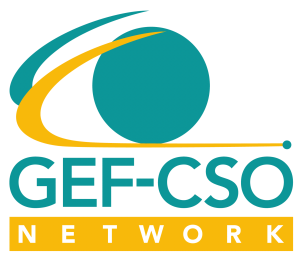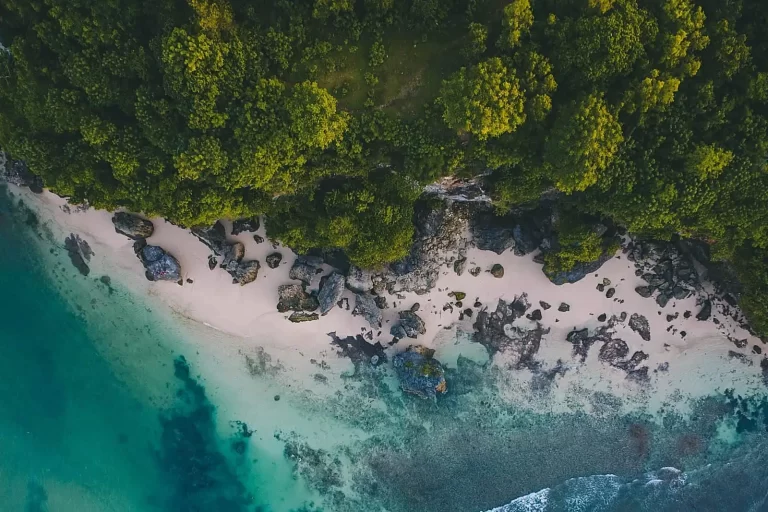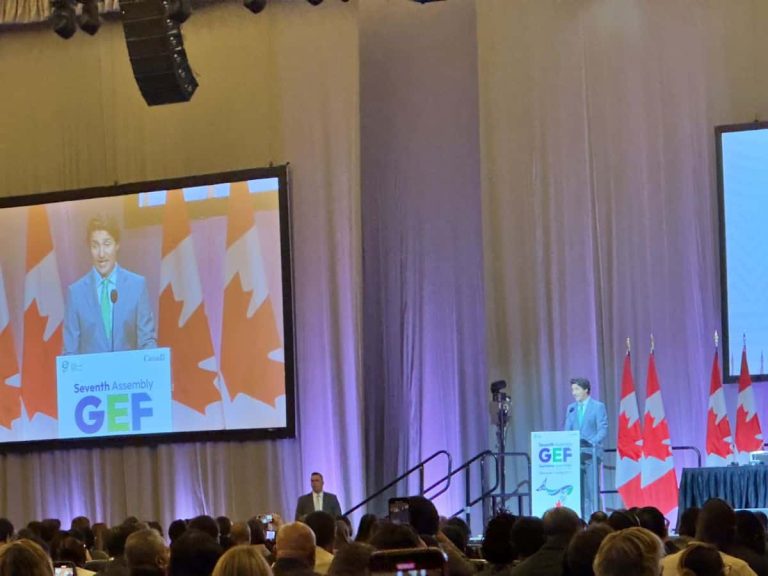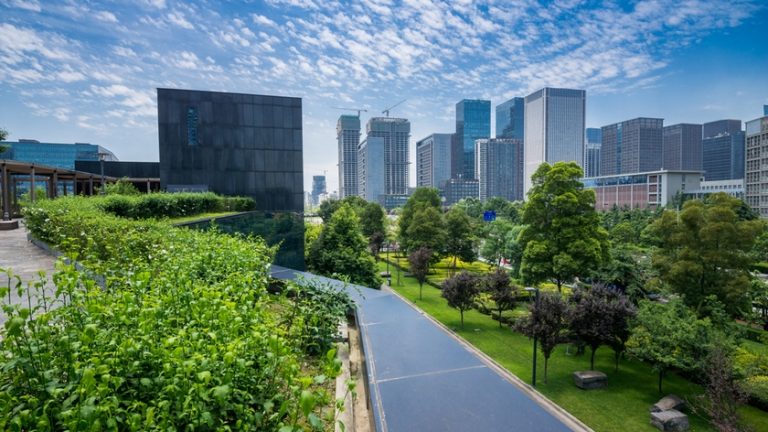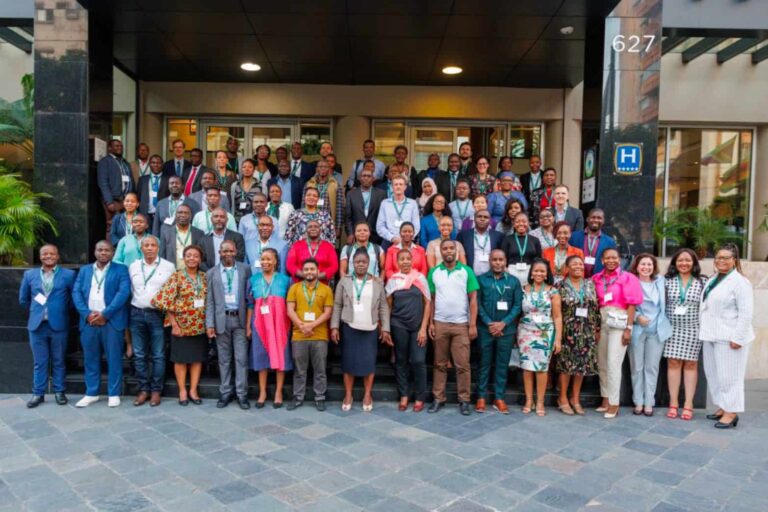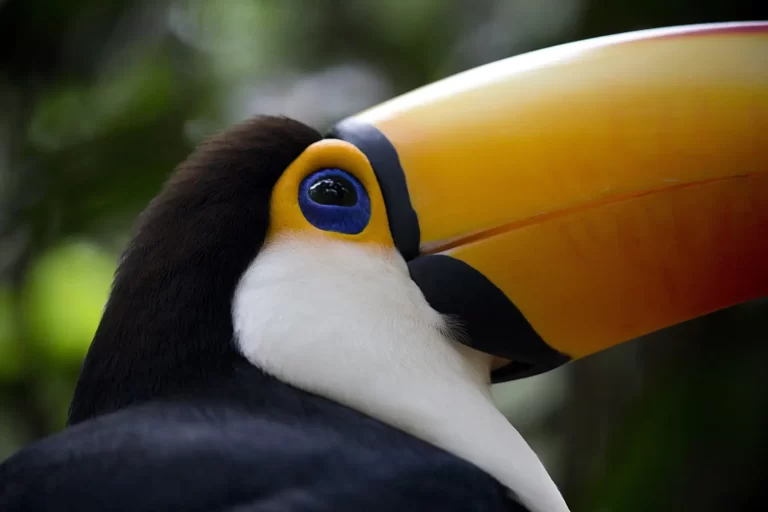The inaugural session of the “Whole of Society Talks” series, hosted by the GEF CSO Network, kicked off with an engaging and deeply insightful discussion on a topic critical to grassroots change-makers: “Funding for Small CSOs – Lessons and Leverage Points from GEF-8.”
Moderated by Sagar Aryal, Chair of the Technical Subcommittee of the GEF CSO Network, the session brought together over 100 participants from across the globe, representing indigenous peoples, youth organizations, local NGOs, and development partners. The goal? To democratize discourse on the Global Environment Facility’s evolving strategies and ensure no voice is left behind as we move toward GEF-9.
Setting the Stage: Why This Conversation Matters
Sagar Aryal opened by contextualizing the session within the broader “Whole of Society” framework, emphasizing that GEF-9 must reflect the diverse voices it aims to serve. The series is designed as a platform for grassroots and community-based organizations to influence policy dialogues and funding structures at the global level. “If we are serious about a whole-of-society approach, we need to hear from the whole of society,” Sagar asserted.
Key Lessons and Leverage Points from GEF-8
🌿 Doley Tshering (UNDP) – Bridging Policy and Practice
As Principal Technical Advisor on Biodiversity at UNDP, Doley emphasized the need for greater flexibility and localization of funding mechanisms. She acknowledged that although GEF-8 made strides in integrating small CSOs into implementation pipelines, bureaucratic and technical barriers still hinder access. Doley advocated for trust-based partnerships and simplifying grant requirements, particularly for indigenous and youth-led groups.
“It’s not just about delivering projects; it’s about building long-term capacities at the local level.”
🏛 Gabriella Richardson (GEF) – Building Equitable Partnerships
Gabriella brought a donor perspective, outlining how partnership models evolved in GEF-8 to better support CSOs. She highlighted the Small Grants Programme (SGP) as a vital entry point but acknowledged that scalability and coordination across countries remain challenges. Gabriella also noted the importance of technical assistance and feedback loops in ensuring quality proposals from small CSOs.
“We want to fund innovation, but also inclusivity. The challenge is balancing both.”
✨ Kristen Walker (Conservation International) – Rethinking Metrics of Impact
Kristen called for a shift from rigid output-based evaluations toward community-defined success metrics. She shared case studies from CI’s work showing that when local CSOs are treated as equal partners, outcomes are more sustainable. Her message: we must respect traditional knowledge systems and value long-term impact over short-term deliverables.
“Let’s move beyond compliance and into genuine collaboration.”
⚡ Mali Ole Kaunga (IMPACT Kenya) – The Ground Reality
Speaking with the authority of lived experience, Mali Ole Kaunga brought attention to structural exclusions that indigenous communities face, even when funding mechanisms claim to be inclusive. He emphasized that funding should be seen not just as financial support but as recognition of Indigenous leadership in environmental conservation. Mali urged for more direct funding models and the inclusion of Indigenous representatives in governance structures.
“Participation without power is performative. Inclusion means having a seat at the decision-making table.”
Audience Questions & Systemic Challenges
The interactive Q&A revealed recurring challenges:
- Excessive bureaucracy in application processes
- Lack of transparency in selection and feedback
- Barriers to entry for youth-led and first-time applicants
- Need for better country-level coordination and communication
These aligned with the speakers’ points and highlighted the urgency of system-level reforms in GEF-9 to enhance inclusivity.
Closing Reflections by Faizal Parish
Faizal Parish closed the session by reinforcing the network’s commitment to co-creating funding ecosystems that prioritize equity, trust, and shared ownership. He reminded attendees that these conversations will directly feed into advocacy positions presented to the GEF Council.
“We are not just talking to each other—we are influencing global policy.”
What’s Next?
This session marks just the beginning. Future Whole of Society Talks will explore topics like partnerships, monitoring frameworks, and the inclusion of marginalized communities in climate finance governance.
If you represent a grassroots organization and want to contribute, now is the time.
Stay tuned for session recordings, resource links, and upcoming events at https://lu.ma/wos-talks.
